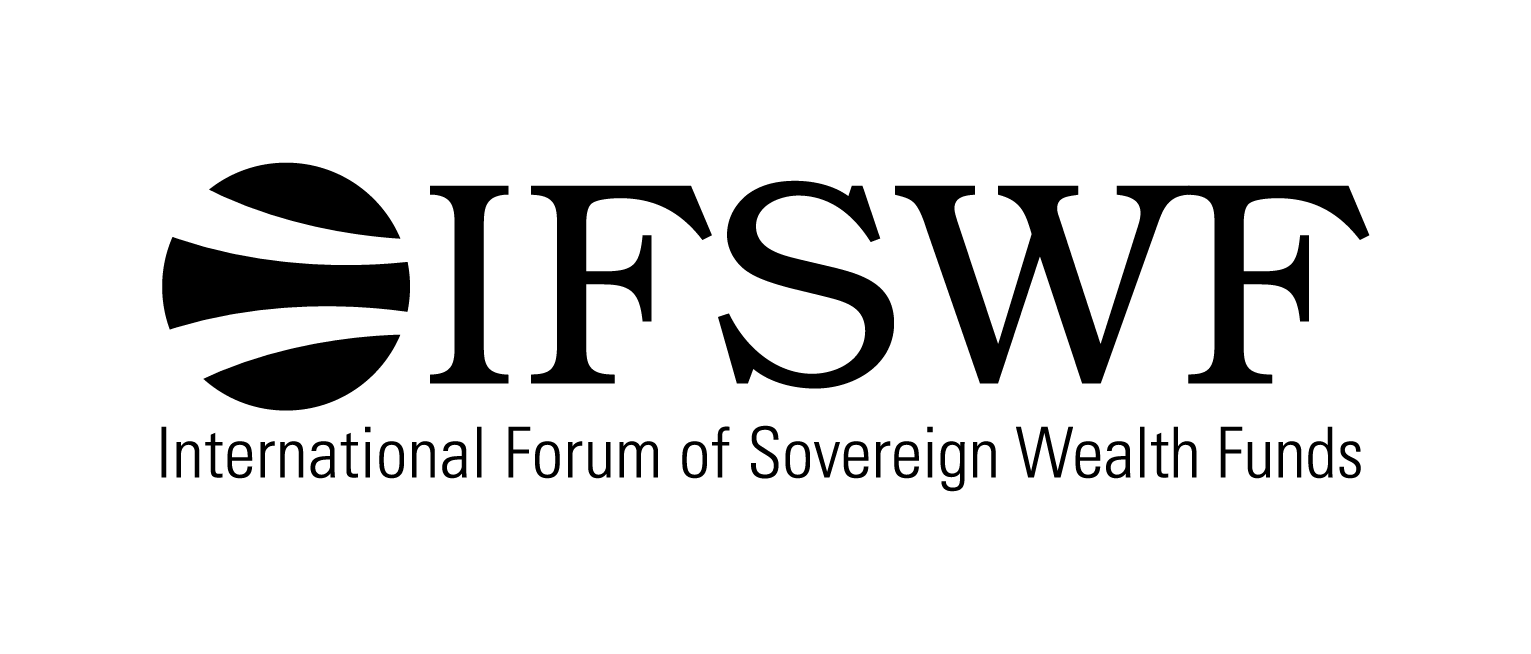In 2024, the International Forum of Sovereign Wealth Funds (IFSWF) and the One Planet Sovereign Wealth Fund Network (OPSWF) are publishing their fourth annual survey exploring how sovereign wealth funds view and address climate change.
The report draws on a survey and interviews with 40% of the world’s sovereign wealth funds. It provides the only comprehensive account of how these investors understand how climate change will affect their long-term returns and what they are doing to mitigate their impact on the planet.
The main findings of the report are:
- More sovereign wealth funds than ever are employing tools like carbon footprinting and climate scenario analysis to monitor their climate impact. Over a third of respondents have carbon footprinted their portfolio, up from 18.5% last year. They also appear to be becoming more discerning about which tools are appropriate for their specific portfolio.
- Sovereign wealth funds are also becoming increasingly sophisticated in understanding climate financing. Whereas previously, we have seen them concentrate their climate efforts on unlisted assets, such as private equity and real estate, this year, we noted an uptick in efforts in listed markets, including fixed income and hedge funds. After consistently being ranked as the least attractive climate change strategy, catastrophe insurance is becoming more popular with sovereign wealth funds, with 55% of respondents rating this asset class as either a four or five out of five for attractiveness.
- As sovereign wealth funds become more experienced in climate investing and assessment, they are becoming more comfortable publicly reporting on their approaches. They are also demanding greater transparency from their asset managers on their approach to climate change and the climate metrics of their assets.
- Africa is becoming an increasingly attractive geography for sovereign wealth funds to look for climate change solutions. Although this is a challenging and unfamiliar geography for many sovereign wealth funds, they are working on understanding these new markets. However, South East Asia is the least popular geography for sovereign wealth funds looking to invest in climate solutions.

